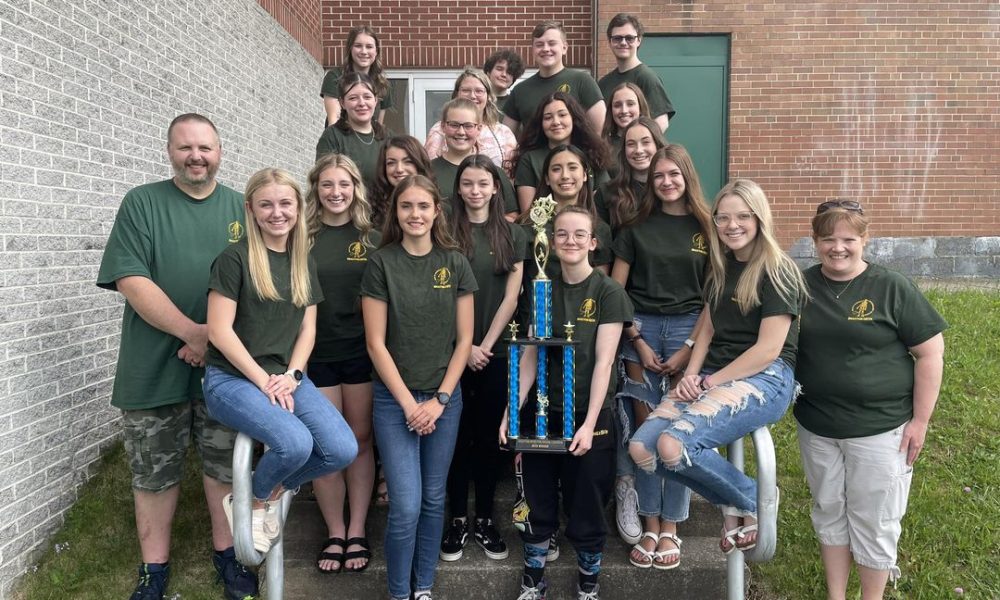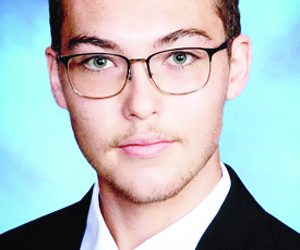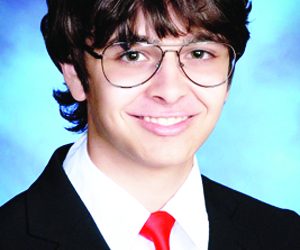By Shirley Shuman
In the annual regional HSTA competition held at West Virginia University on April 29, the BCHS group had the highest score in their region on their projects. Other than Braxton, their region includes Roane, Clay, and Calhoun. Jill Lemon, who co-teaches the local HSTA students along with Shawn Crow, explained the competition.
Each student in the group prepares a project, according to Lemon, and during the symposium, presents it before a group of judges. Students are graded on various aspects of the scientific content of each project along with points for the oral presentation. Following all of one school’s presentations, the project scores for that school are averaged. Lemon noted that the scores are averaged to create fairness “since some groups have more members than others.” For example, Braxton, with two teachers is allowed 20 students, although this year they were allowed one more since one school had only three members. With only one senior in the current club, no new students will be taken into the BCHS club next year.
Lemon commented on the success of her current students in spite of their inexperience with public speaking. “ I’m very proud of these students because this is the first time that many have been in front of actual judges,” she said. “In 2020, because of COVID, the symposium was cancelled, and in 2021 the symposium was virtual as projects were presented with no audience. Last year, students presented their projects within their own schools to peers and parents.”
“The projects which Braxton students presented included a variety of topics,” Lemon said. “All related to community health so we had projects on topics such as stress, nutrition, and sleep.” Crow praised the Braxton group for the success of their presentations. “Our students represented BCHS very well,” he said. “They were commended on their performance and their presentations by many during the symposium and their success reflected It.” Crow added, “This was a great experience for our students especially for them to see that they can compete with bigger schools, and they should be proud of the efforts they put forth at the event.”
“The purpose of HSTA is,” Lemon said, “to give students who are underrepresented in higher education a higher chance of success.” She added, “Therefore, the program helps prepare students for public speaking, teaches them to conduct scientific research as well as to analyze the results, and enhances math skills.”
The HSTA program began at Braxton in 1995, and Lemon has been a HSTA teacher since 2001. Crow joined her in 2014. Funding for HSTA comes mostly through grants although there are other minor sources. Each student who completes the four-year HSTA program receives a full waiver of tuition at WVU, and all other state-funded colleges and universities must provide tuition waivers for these students, although each school may determine the amount.
Crow emphasized that, in addition to the tuition waivers which will certainly help many of these students, “All their hard work, diligence, and time [spent] will pay off during their college careers. HSTA truly prepares these kids to be successful in the future and mindful of how they can serve the community.”






